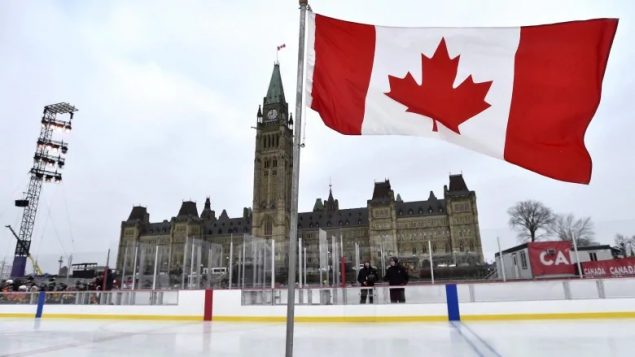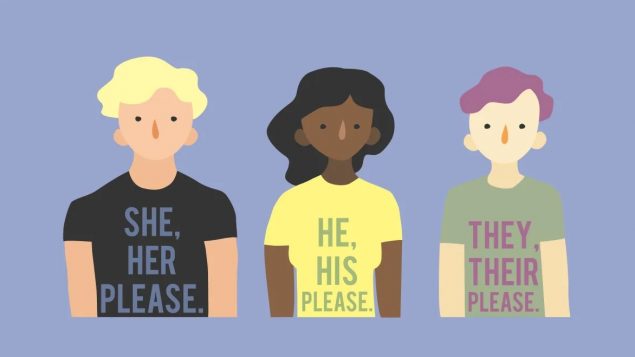The B.C. government has made sweeping changes to language used across 15 of its ministries.
On Wednesday, an order-in-council replaced more than 600 instances of gendered language in 70 B.C. laws and regulations, including the Family Law Act and Employment Standards.
Pronouns, like “he” or “she,” have been updated with gender-neutral alternatives.
Familial relationships, like “sister” and “brother” will use “sibling.”
“Husband” and “wife” is replaced by “spouse” and gendered terms like “man-made” will be termed “human-made.”

Big changes in the use of language in B.C. ministries came out of the provincial legislature this week. (CBC/Michael McArthur)
“These changes have been made to ensure that all British Columbians have equal access to government services, no matter their sexual orientation, gender identity, race or cultural beliefs,” says a government news release.
“Language matters. It allows people to feel recognized and affirmed,” Ravi Kahlon, Minister of Jobs, Economic Recovery and Innovation, says in the release.
“By upholding inclusive language, our government is taking steps to protect British Columbians’ human rights. We believe outdated language that prevents people from being seen for who they are should be removed to help tackle gender bias.”
Kahlon says the changes go beyond political values or symbolic inclusion, and, he said, gender-neutral language can also eliminate ambiguity in the law.
“In many of the cases … it left the regulations open for interpretation. We found ways to address that but also have certainty in the regulation,” Kahlon told CBC News, which reports that the NDP government is planning to review and remove a remaining estimated 3,400 instances of gendered language in regulations and legislation.

Canada’s national anthem has been gender neutral since February of 2018. (THE CANADIAN PRESS/Justin Tang)
In December, B.C.courts began asking lawyers to provide preferred pronouns during hearings.
“The fact that we are doing this, that we’re normalizing it, from my perspective is significant,” Jasmeet Wahid, a family lawyer and partner at Kahn Zack Ehrlich Lithwick LLP, told CBC News.
“For those people that are troubled by it, perhaps they don’t appreciate the significance around language or the struggles for inclusivity.”
Earlier that year, the country’s national anthem, O Canada, became gender neutral.
With files from CBC News







For reasons beyond our control, and for an undetermined period of time, our comment section is now closed. However, our social networks remain open to your contributions.